AEOI criticizes Grossi: Iran fully cooperated with IAEA on claims of ‘undeclared’ sites
A senior Iranian nuclear official slams the head of the International Atomic Energy Agency (IAEA) for renewing claims about “undeclared” nuclear sites in Iran, saying Tehran has already had “maximum cooperation” with the UN nuclear watchdog to help resolve the situation.
The spokesman for the Atomic Energy Organization of Iran (AEOI), Behrouz Kamalvandi reacted on Tuesday to comments Grossi made on Monday, the first day of a quarterly meeting of the IAEA Board of Governors.
Grossi, repeating false allegations against Iran, said “This issue is very straightforward…We found [in inspections after 2018] traces of uranium in places that were never declared [as nuclear-related sites]…We are asking questions.”
“Frankly, the information gap is bigger and bigger and bigger,” he said. “Unfortunately, since my previous report, despite the Agency’s stated readiness to engage with Iran without delay to resolve these issues, Iran has not engaged with the Agency.”
The IAEA chief further called on Iran to provide technically credible explanations for the presence of uranium particles of anthropogenic origin at the three locations in the country, claiming that because Tehran has not yet done so, the agency is not in a position to provide assurance that Iran’s nuclear program is exclusively peaceful.
Kamalvandi, however, rejected Grossi’s claim of Tehran’s lack of cooperation with the Agency.
“The Islamic Republic of Iran has been fully cooperative regarding the three alleged sites brought up by the Agency and has sent information and answers to the IAEA’s questions and has also held meetings to resolve the ambiguity,” Kamalvandi said.
He also emphasized that the IAEA must not pass judgments on the Iranian nuclear program based on fabricated documents provided by the Israeli regime with specific political goals, and that such judgment was against the UN nuclear watchdog’s principle of neutrality and professionalism.
Kamalvandi added that since the IAEA had already checked all of Iran’s declared nuclear material and there was no discrepancy, the mere detection of nuclear traces at sites in Iran does not mean that the country has undeclared nuclear material in its possession.
He said speaking of a inspection “gap” had no legal basis since the type of monitoring that the IAEA speaks of today is related to the 2015 Iran deal, which was suspended under a parliamentary law adopted in late 2020 to protect the country’s interests in the face of Washington’s unilateral withdrawal from the agreement and the European parties’ failure to adhere to their end of the bargain.
A resumption of that inspection depends on a return of the other parties to their commitments under the deal and the removal of anti-Iran sanctions as per their contractual obligations, the official added.
Iran and the IAEA have been locked in a dispute triggered by the agency’s Israeli-influenced accusations, which were leveled against Tehran’s peaceful nuclear activities just as the Islamic Republic and other parties to the Iran deal appeared close to an agreement on reviving the nuclear deal.
Iran asserts that any agreement hinges on the settlement of the Safeguards issues between Tehran and the IAEA, and that without settling those issues, reviving the 2015 accord makes no sense.
Israeli army chief privately warns of cost of new war with Iran: Report
IRGC official: US buildup, psychological tactics aim to 'swallow Iran again'
Iran’s three-man team captures triple gold at UWW ranking series in Tirana
Iranian academic sentenced to 4 years in prison in France for supporting Palestine
VIDEO | Press TV's news headlines
Russia: West seeks to repeat past ‘plunder’ of Iran’s oil
Herzog visits Ethiopia to expand Israeli footprint in Africa
VIDEO | Sunni family's legacy of sacrifice inspires unity, solidarity in Iran


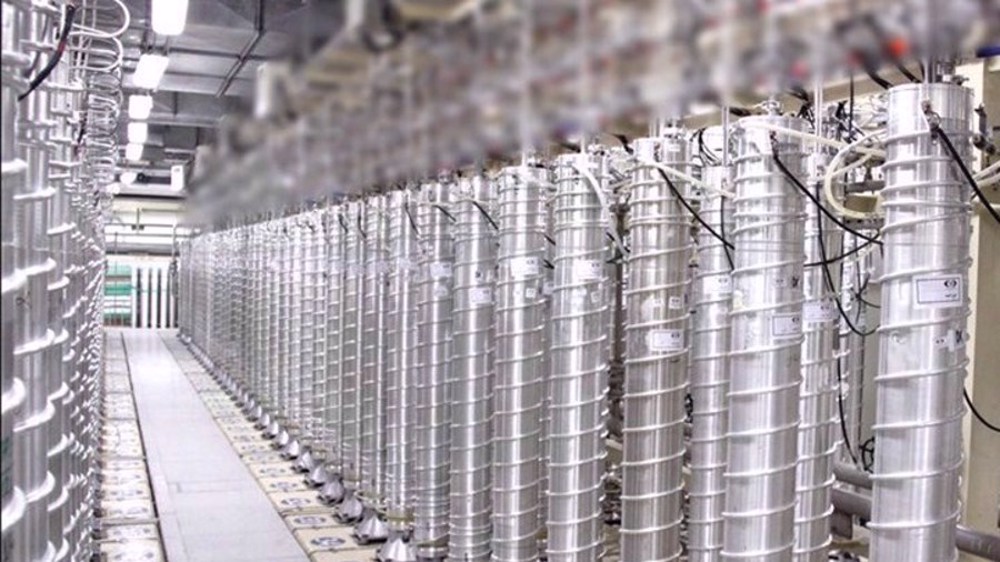
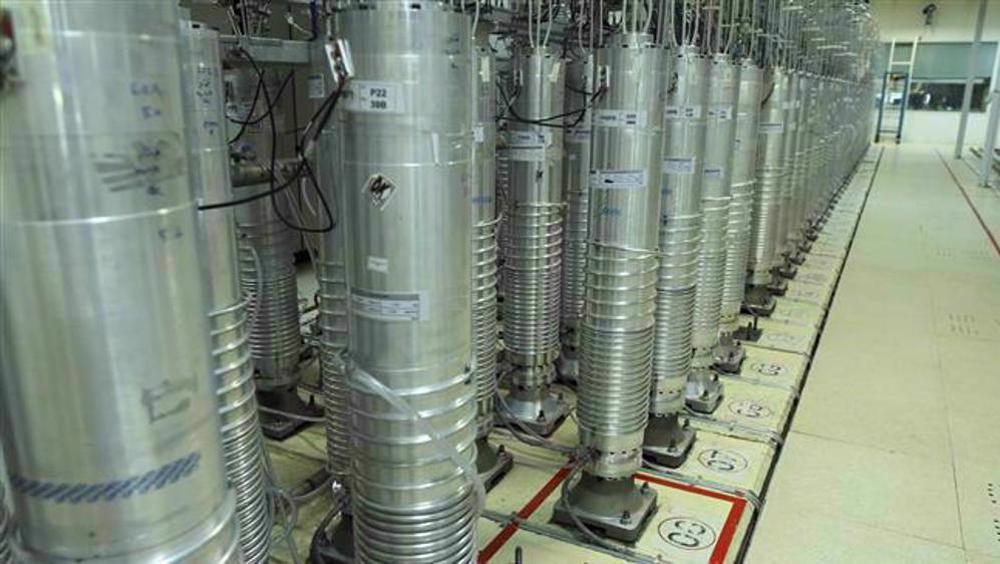
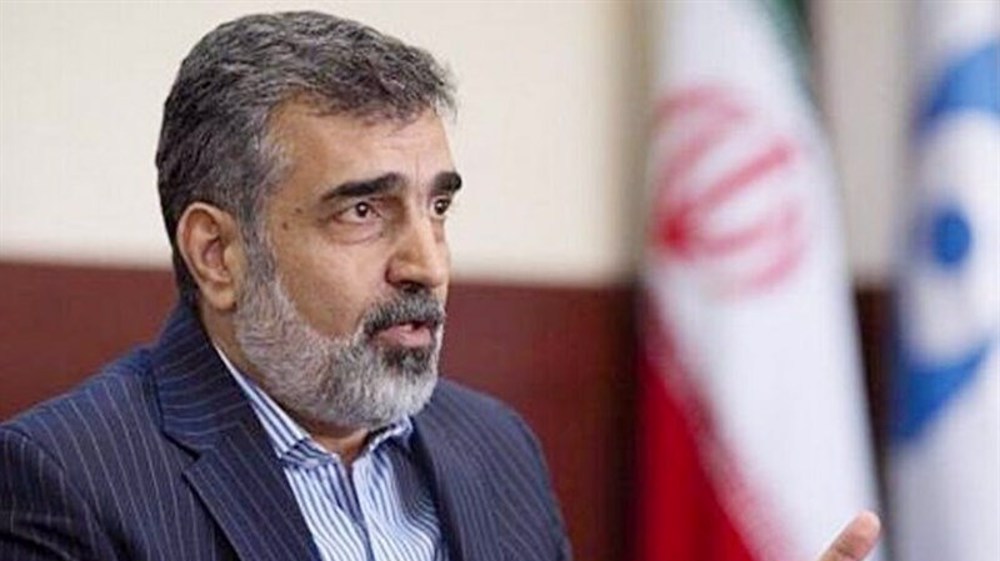
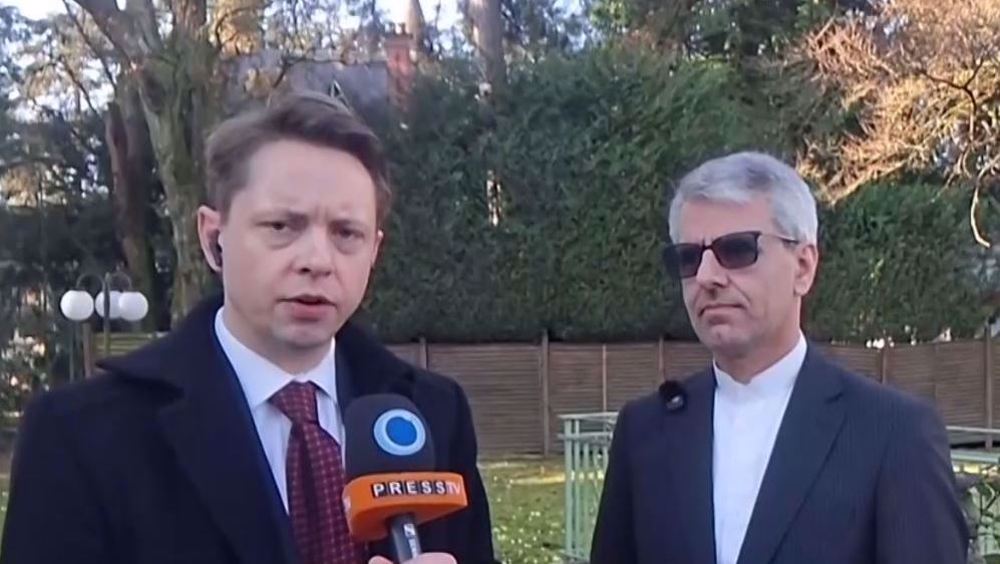
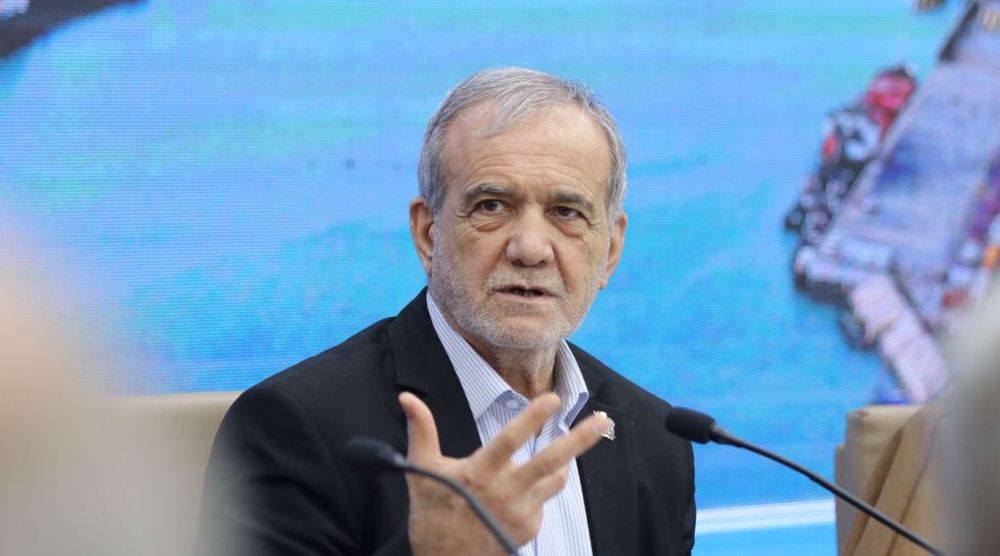
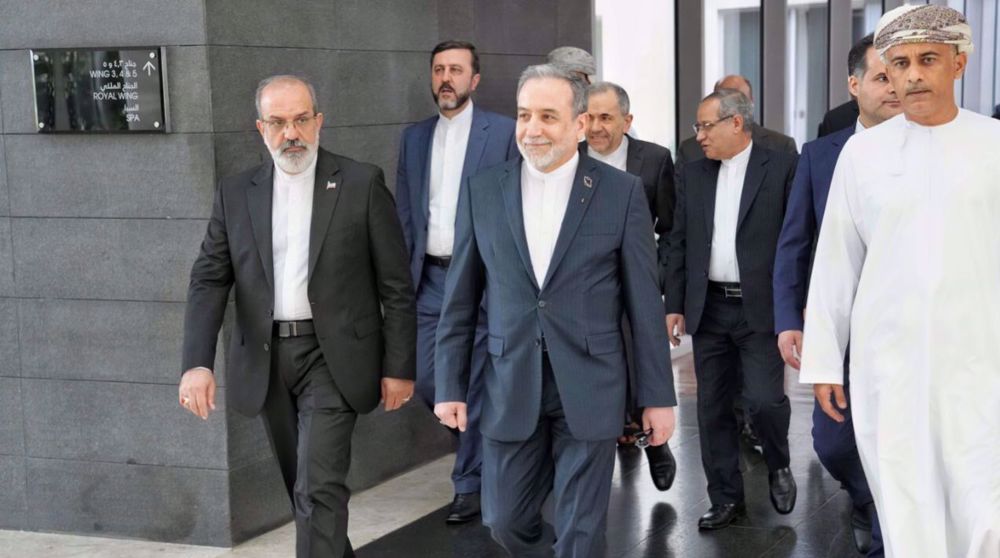



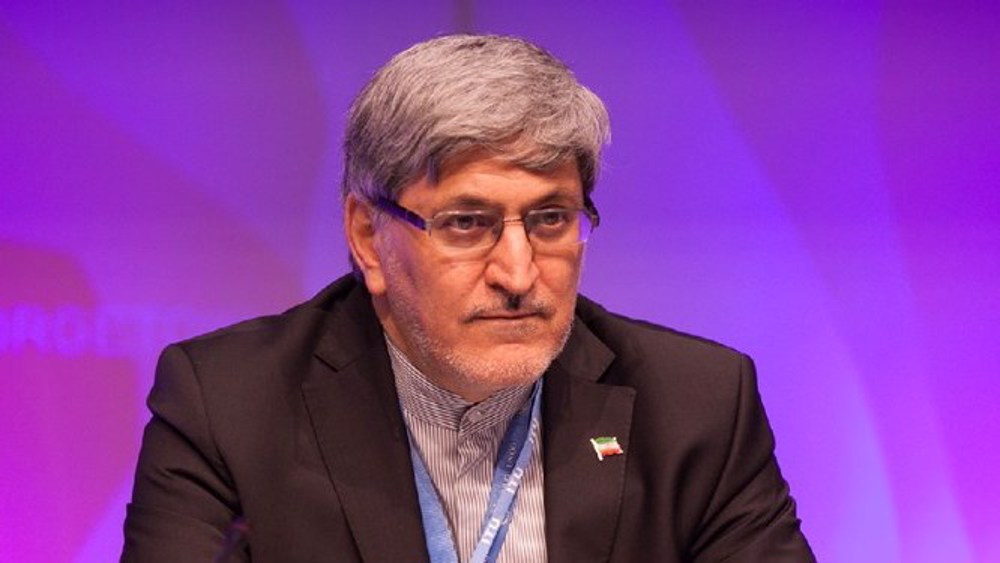
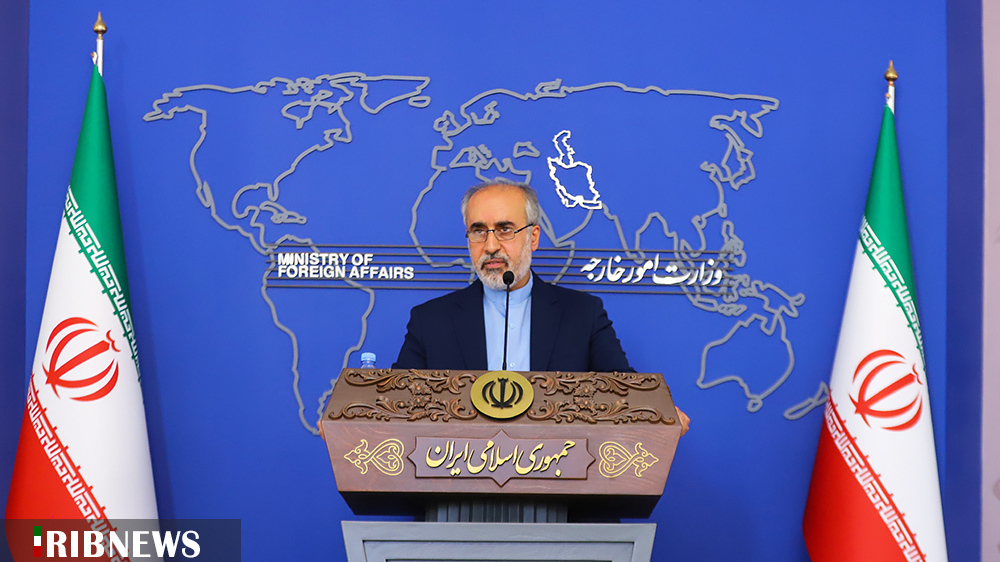
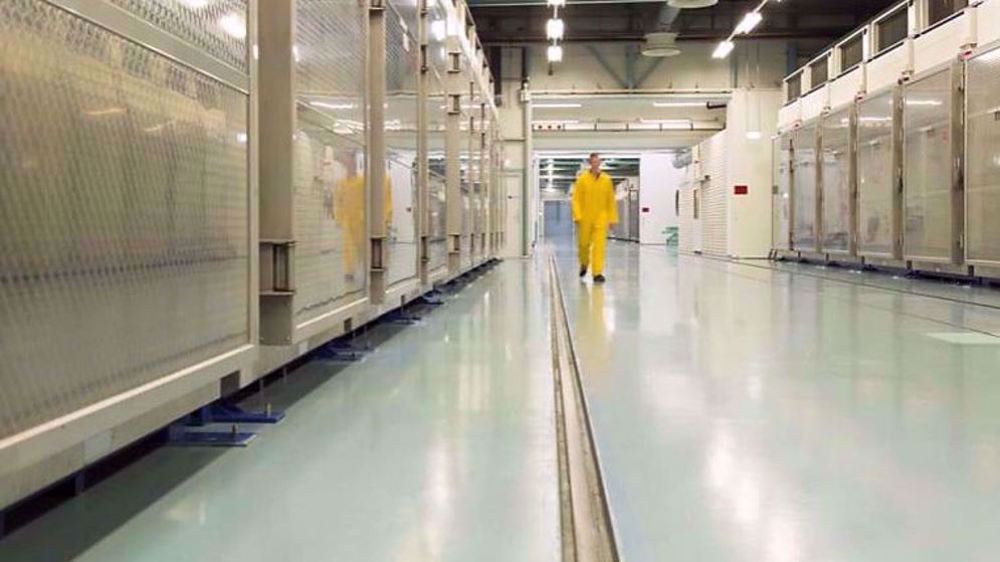

 This makes it easy to access the Press TV website
This makes it easy to access the Press TV website